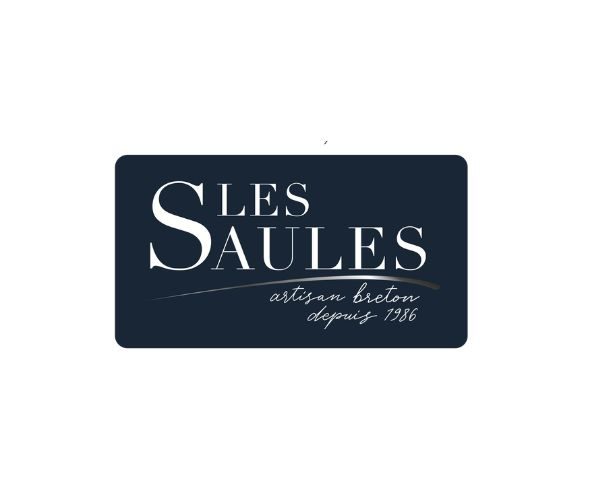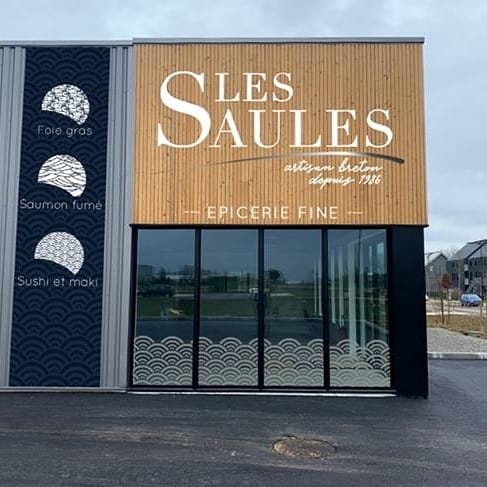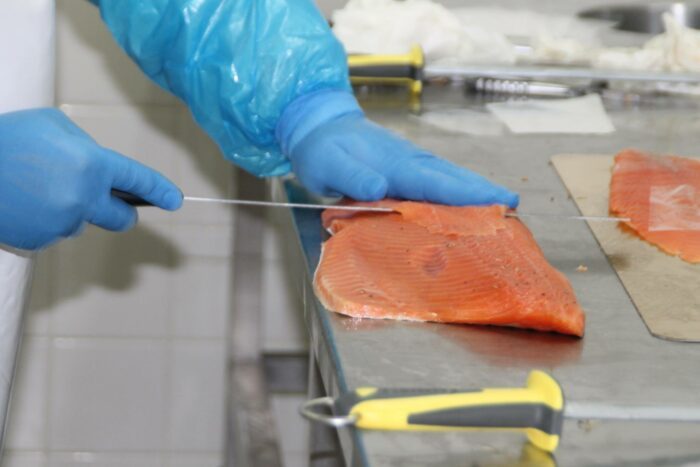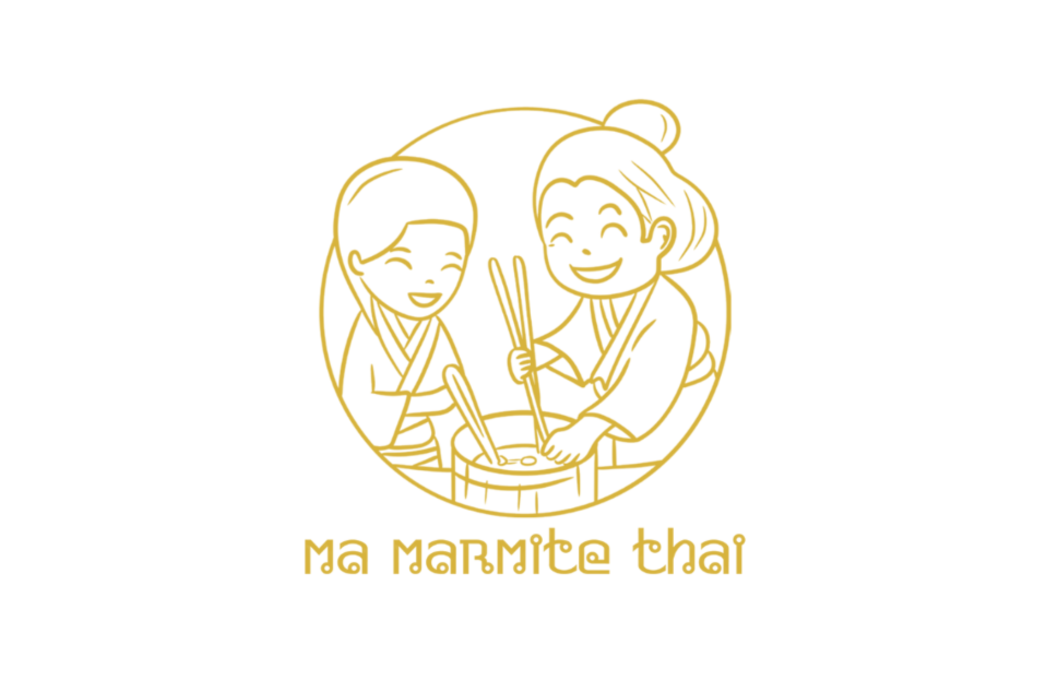Industrial and environmental transition
Acting on food waste in the food industry: Les Saules follows the training of the CTCPA
12
Apr

Published : 12/04/2024
In order to optimize its processes and reduce its losses and waste, the company LES SAULES has followed the CTCPA's "Acting on food waste in food waste" training. Back with Ashkhen OHANJANYAN, Quality Manager.
"The training was exactly what I was missing to continue my diagnosis of loss and waste.
I was missing concrete tools and I found them during the training! »
Tell us about Les Saules
Les Saules is a small family business founded in 1986 by the uncle and father of the current manager Olivier BIGNON (since 2011). At the time, they joined forces to create the first artisanal business around fattened duck. Their goal was to introduce people to the flavors of the southwest. In 1998, the activity diversified through the transformation of the fishery. Les Saules started offering smoked salmon, smoked trout, rillettes...

In 2015, we launched a brand dedicated to the organic sector: LE FUMOIR DES VALLONS de VILAINE.
In 2017, PAUSE SAUMON became part of Les Saules. This unit has brought its flood of novelties, especially Japanese specialties: sushi ...
Today, around thirty employees work within the company, from the development of products to the reception of customers in our points of sale: Corps-Nuds, Rennes (Lices market and Halles Centrales) and St Herblain. We also work with small organic shops, BIOCOOPs, BtoB customers in Paris and Corsica as well as local markets.
What does food waste at Les Saules look like?
When I took up the position of quality assistant, one of my first commitments was to take stock of the company's losses and waste in order to be able to define areas for improvement.
As an SME, it is essential to optimize all our processes to limit loss and waste, conserve our resources and save money. At Les Saules, we had a real desire to do better!
Why did you decide to take the CTCPA training course? What were your expectations?
I first started to do my audit on my own with the help of the ADEPALE – CTCPA guide on carrying out a diagnosis of food loss and waste and other personal research. I spent a long time studying everything at the theoretical and legislative level, but I lacked technical tools. How to apply the diagnosis to Les Saules?
When I saw that the CTCPA offered a training, I decided to participate in it to get the answers to my questions (How to limit losses? How to reuse co-products? ...). All this with the aim of leaving with techniques to apply to Les Saules.
In addition, the remote format allowed me to follow the training without shaking up my schedule too much!
What did you think of the training?
The training was exactly what I was missing to continue my diagnosis of loss and waste. I was able to ask all my questions prepared before the training. The trainers (Margaux COLOMBIN and Anne-Gaëlle MELLOUET) explained everything in detail. They presented elements on an example of production, which made it possible to better transpose to Les Saules.
What I really liked was the two-part organization. Indeed, a full day of training is dedicated to theory, examples and an application case and then 3 months later, we have a second appointment to present our progress on diagnosis. This gave me time to set up actions during these 3 months and to have initial conclusions to share. This format allows you to be really engaged!
On a human level, the trainers were attentive and very pleasant. I didn't see the training go by!
In short: I was missing concrete tools and I found them during the training!
How do you implement the achievements of this training?
Between the two days of training, we had 3 months to carry out our diagnosis. As I had made good progress, we were able to set up the first actions at Les Saules. We started with 3 families: smoked salmon and trout, smoked white fish, preserves.
To carry out the diagnosis, I needed measurable data and we started with weighing biowaste (salmon and trout) after the end of each day to see what was discarded in terms of skin and bones. This step is unavoidable, but to reduce waste we have set up 2 vectors of action:
- Optimising slicing, to reduce bio-waste as much as possible: to do this, we have reviewed the quality of our slicing machines (expensive, blades) and replaced them, which has generated, from the beginning, the first results.
- Once the bio-waste has been optimised, our next objective is to find other ways of recycling: the possibility of use by another industry (sea cooking, compliments, animal feed).

The fact that we weigh the bags of bio-waste on a daily basis has allowed us to raise awareness among the teams and encourage sorting!
On the other hand, for the white fish range, we don't have any biowaste, but we found that many of our bags were emptying in our shipping fridge. To ensure health safety, we were forced to throw them away. By studying this phenomenon more closely, we established our action plans: Reinforced control for the quality of the seal and testing of other types of bags, for changing vacuum bags, and the latter was the most effective.
I'm happy with these advances! We were able to set things up quickly. And we will continue our efforts! We have already started the diagnosis on foie gras.
__
CONTACT LES SAULES:
CONTACT CTCPA :
- Environment Department: auch@ctcpa.org
- Service Formations : Valérie LE GOUEFF - contact.formation@ctcpa.org - 01 53 91 44 01
Combating food waste at every link in the chain is an important lever in the transition to a more sustainable food system. The French anti-waste law for a circular economy (Loi anti-gaspillage pour une économie circulaire - AGEC) sets national targets of a 50% reduction in waste by 2024 in food distribution and collective catering, and 2030 in consumption, production, processing and commercial catering. In order to mobilize and valorize the players in the food chain who contribute to the national objectives, the national anti-waste label for distribution was introduced in March 2023, and work for catering is beginning. This will be followed by work on the label for processing by 2025.
This formation aims to support food processors, from the diagnosis of food loss and waste to the action plan, based on the Adepale/CTCPA guide. The CTCPA trains your teams by pooling QHSE and sustainable development expertise in order to anticipate regulations and obtain a future label.






